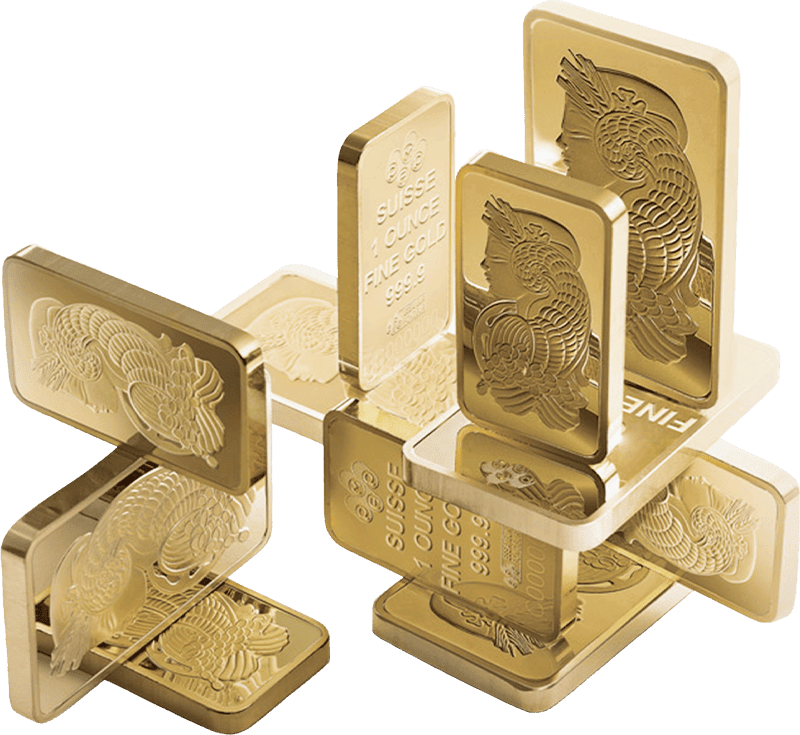Blog
Care sunt noutățile și evenimentele din ultimele zile? Cu noi, veți fi tot timpul la curent cu evenimentele. Lectură plăcută.

22. 12. 2025
Miroslava Sojková, Social Media Director
2025 – un an record pentru aur, remodelarea rolului său în portofoliile de investiții
2025 va intra în istoria investițiilor drept anul care a modificat definitiv rolul aurului în portofoliile investitorilor. Prețul aurului a crescut la peste 4 400 USD pe uncie și, mai important, a rămas la aceste niveluri în ciuda semnalelor mixte din partea FED (banca centrală a SUA). Bloomberg consideră că aceasta nu este o reacție pe termen scurt a pieței, ci dovada unei tendințe structurale mai profunde, care redefinește locul aurului în practica investițională modernă.
Începeți să economisiți chiar de astăzi!
Construiți averea familiei și culegeți roadele investiției dvs.






